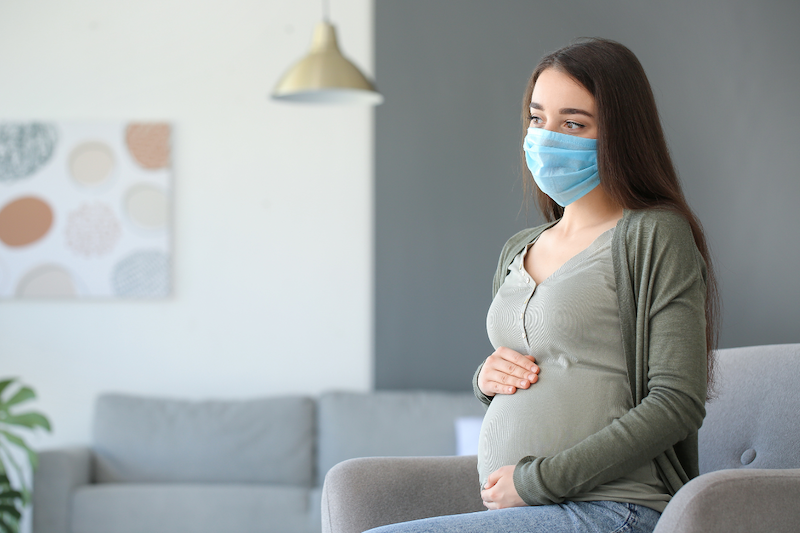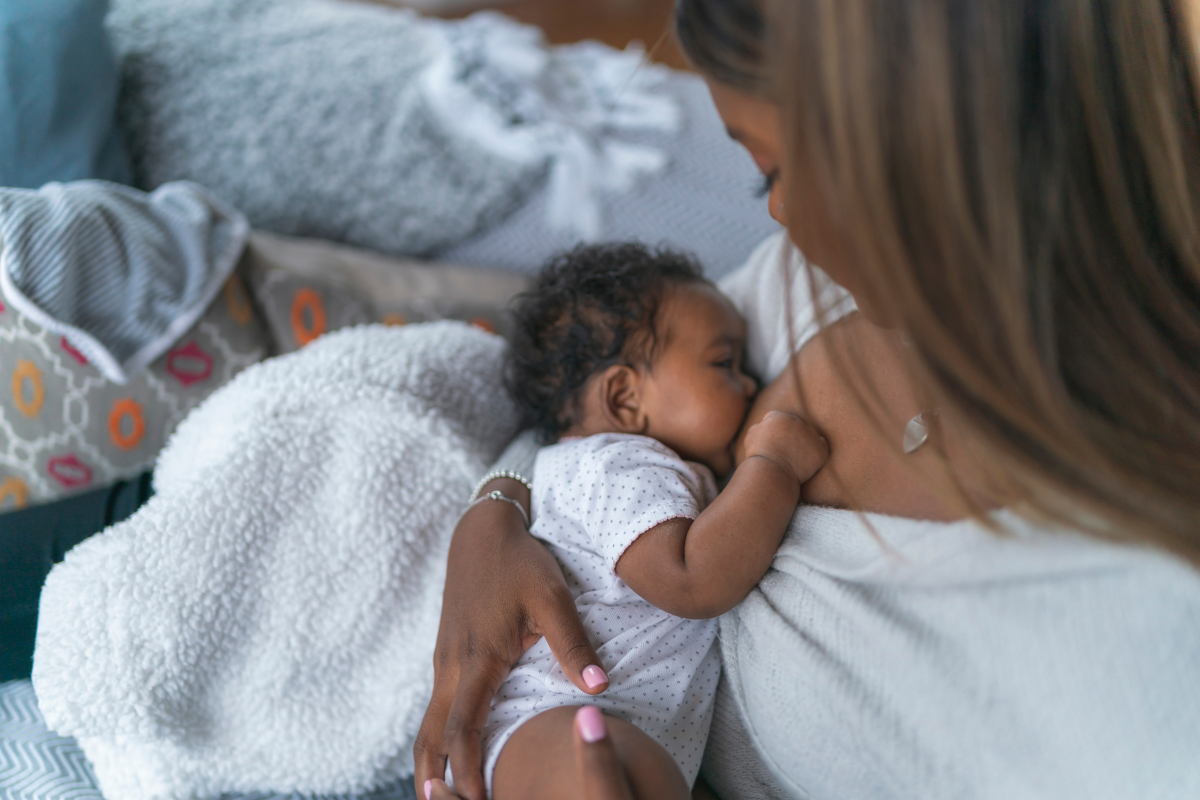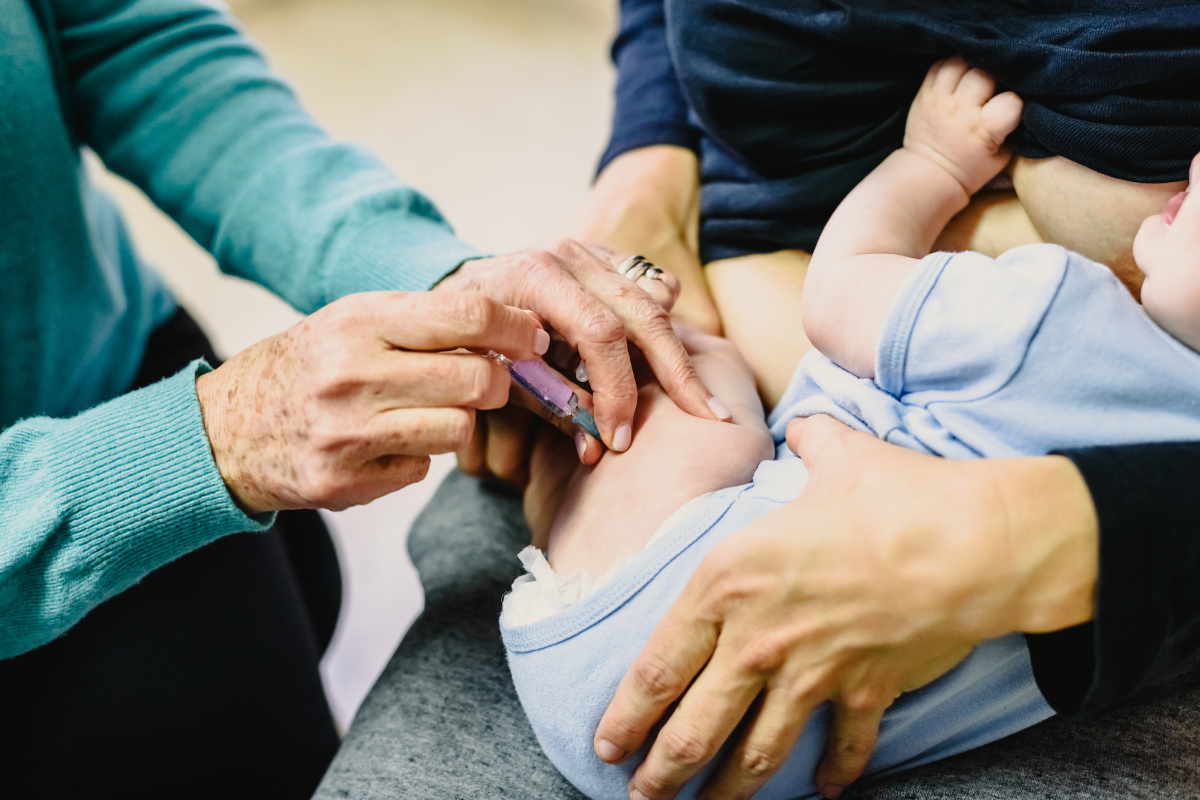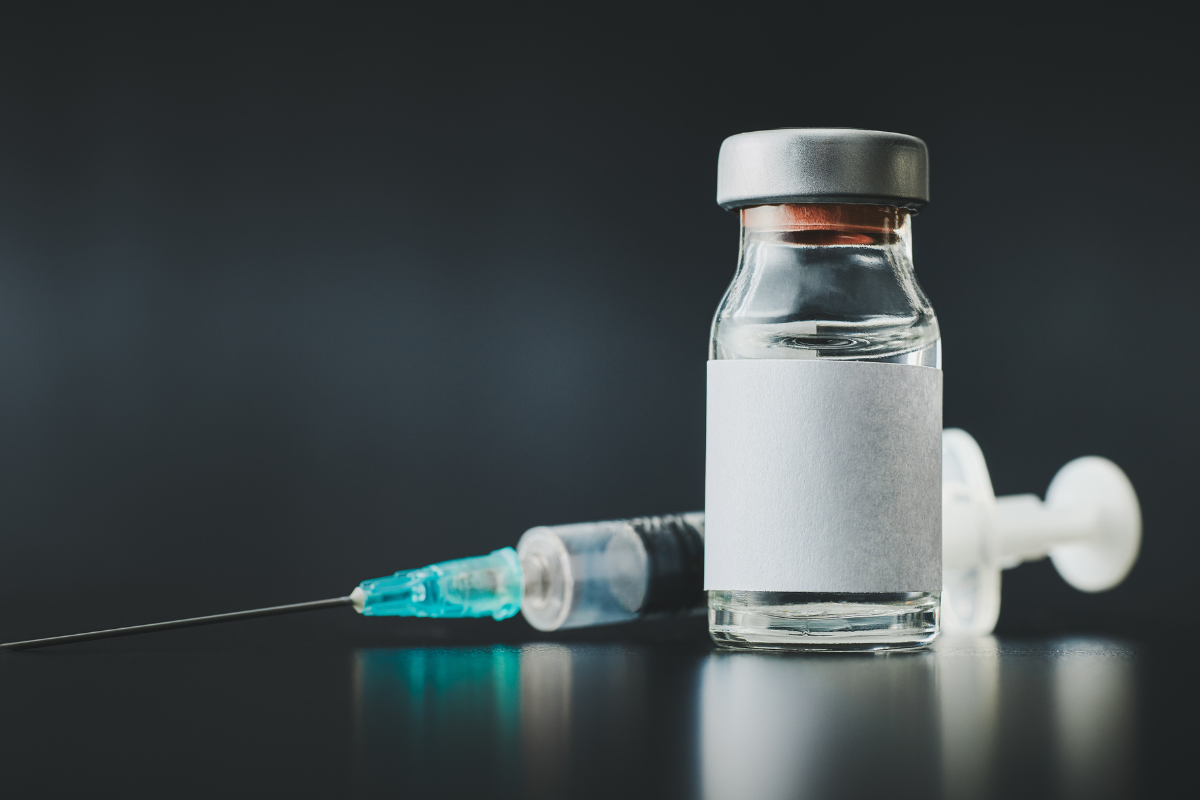More than five years after the COVID-19 pandemic began, this virus is still relatively new, which means we are still learning about it. We are still having active discussions about things like vaccines, boosters, and long COVID. And we are still seeing new headlines about the impacts of COVID in various populations, including the topic today: pregnancy.
The main question with COVID-19 in pregnancy is whether it poses a specifically elevated risk, either a risk during pregnancy (such as miscarriage or serious maternal illness) or a risk to children later on.
This has proved to be a very challenging question to answer, for at least two reasons. The first is that the virus has evolved a lot over the last five years, and much of our data on this question comes from early in the pandemic. The circulating variants were different, there were no vaccines, and most people had not yet been exposed. The situation is totally different now, and there are a lot of reasons to think that the impacts of COVID during pregnancy now would be different.
The second issue is that all of the studies here compare people with positive COVID tests (often in the hospital) to a population without. This approach misses a lot of milder COVID infections, and, over time, fewer and fewer people have tested. It is likely that many of the “control individuals” who look like they do not have COVID in pregnancy actually did. At best, this data may allow us to look at the impacts of serious illness, but that’s increasingly uncommon, again making the data less relevant.
This is all to say that we’ve seen, and continue to see, scary headlines about short- and long-term impacts of COVID-19. When you see these, I’d urge you to look a bit more carefully at the time frame and methods. I’m going to talk about some of the evidence we have below, but you should expect to see more research as time goes on, and I want you to be able to process those without panic when the headlines arrive.
With that, let’s go to the data on three core questions. Are there short-term risks of COVID-19 in pregnancy? Are there long-term risks to the child? And how should you think about vaccination?

Are there short-term risks of COVID in pregnancy?
During the Delta wave of the COVID-19 pandemic, in the fall of 2021, unvaccinated pregnant people were especially vulnerable (this seemed to be specific to the Delta variant of the virus, which was dominant at the time). The maternal mortality rate in the U.S. in 2021 was significantly elevated, likely due to this factor.
The very good news is that in the current moment (with the current variant, widespread exposure, and broad vaccination), the risk of severe disease is much more limited. In most cases, doctors will treat COVID-19 like a standard cold: rest, supportive care, and not much worry.
Summary data on multiple countries going back to the start of the pandemic does point to some elevated risk of preterm birth and other complications later in pregnancy. But, again, 2020 COVID is not 2025 COVID, and it is difficult to learn from these data. Consistent with this view, a study covering a large population in the U.K. showed some pregnancy risks, but they were significantly reduced after vaccines became available. Looking earlier in pregnancy, a meta-analysis shows no elevated risk of miscarriage.
Panic headlines about COVID in pregnancy are common. For example, in 2024, a study claimed 1 in 10 women who got COVID during pregnancy would develop long COVID. But these data are nearly always flawed; in that case, the authors didn’t consider the baseline risk of the symptoms they used to define long COVID.
Something to keep in mind is that, in general, pregnancy is a form of mild immune compromise. This means both that you are slightly more susceptible to illness and also that illness can be more serious. With a respiratory illness like the flu, for example, it often hits harder during pregnancy. We’d similarly expect that, relative to your non-pregnant state, you might feel slightly sicker with COVID while pregnant. In addition, we are always more cautious about fever in pregnancy. For this reason, it’s always a good idea to talk to your doctor when you are sick during pregnancy. But COVID-19, at this moment, doesn’t pose a particular risk.
Are there long-term risks of COVID in pregnancy?
A number of researchers have been interested in the possible impacts of COVID-19 during pregnancy on neurodevelopmental outcomes, including ADHD and autism.
Most prominently, a group of researchers has published a series of papers using data from six hospitals in Massachusetts. The papers all have a similar structure. They are based on administrative hospital data in which researchers observe if mothers had a positive test for the virus that causes COVID during their pregnancy. They also observe measures of neurodevelopment among children. The time frame for these studies is early in the pandemic, with diagnoses between March 2020 and mid-2021.
One of their early papers, published in 2022, compared the rate of neurological diagnoses in the first 12 months of life for 222 babies whose mothers had a positive COVID test during pregnancy to about 7,000 babies whose mothers did not. They find an elevated risk of neurodevelopmental diagnoses. This finding is echoed in a 2025 paper, which follows a similar cohort of children through the age of 3.
This work has generated anxiety in many people. COVID during pregnancy is very common, and understandably, these findings make parents worried. However, there are two reasons it probably should not. The first is — as noted at the top — these studies are based on data from the early period of the pandemic, and we are looking at cases which are in the hospital, meaning it’s a set of serious COVID cases.
The second issue is our standard correlation-is-not-causation. The group with positive COVID tests differs on every conceivable demographic. They are different along racial lines, insurance coverage, income, education, and so on. These differences are large; in the paper from 2025, those with a positive COVID-19 test are about 30 percentage points more likely to be on Medicaid. While it’s true the authors include controls in their analysis, with such large baseline differences, it’s really impossible to imagine these are comparable.
The results in these papers also do not line up with results in another study, which is smaller but I think much stronger in terms of methodology. In this study, a different set of authors follow a cohort over pregnancy and then look at their children later. Participants in the study are tested periodically over pregnancy for COVID infection, which means the researchers can observe all infections, and not only those that result in hospitalization. This study concludes that there is no long-term impact on children, further reinforcing the view that the other results may be driven by bias.
In the end, I do not believe the best data shows COVID-19 infection causes differences in neurodevelopment in children. It would be helpful to have a larger study that followed people prospectively and focused on the current moment, but thus far, I do not think the evidence supports this concern.
Should you get a COVID-19 vaccine while pregnant?
The main reason to get a COVID-19 vaccine (or booster) while pregnant would be to protect your baby — the same reason you get a TDAP booster at the start of the third trimester. The antibodies you make would be passed to the baby and provide some early life protection. Data from a large cohort study in 2022 showed that infants were less likely to get sick after a booster vaccination during pregnancy. That study also showed no evidence of any risks to the fetus from vaccination.
Despite some changes in vaccination approaches, the CDC still recommends COVID vaccination for pregnant women. The ideal timing for this would be early in the third trimester, and it isn’t recommended (or necessary) if you had COVID while pregnant.
The bottom line
- Much of our data on COVID-19 in pregnancy comes from early in the pandemic. In the current moment (with widespread exposure and broad vaccination), the risk of severe disease is much more limited.
- The best data we have does not show that COVID-19 infection during pregnancy causes differences in neurodevelopment in children.
- The main reason to get a COVID-19 vaccine (or booster) while pregnant would be to protect your baby. The ideal timing for this would be early in the third trimester, and it isn’t recommended (or necessary) if you had COVID while pregnant.





















Log in
One thing I thought a lot about while trying to conceive my first pregnancy in fall 2021 was whether or not to get a COVID booster, knowing that I had had 24 hours of very high fever with my February dose: what is the tradeoff between the risk of high fever with the booster (I have had it with every dose I’ve gotten) in a potential early pregnancy vs. the protection the booster could give the pregnant person and, eventually, the baby? (I ended up getting the booster, having been terrified of COVID itself during the pandemic and not knowing if I could get another appointment that wasn’t during the two week wait, and I did end up getting pregnant and the resulting baby is now a healthy 3-year-old.) I suppose if the recommendation is just to get the vaccine during the third trimester, the first trimester fever situation doesn’t come up anyway, but where I live the vaccine is only available in the autumn, so if your first trimester happens to fall in the autumn, I’d still be curious as to what the recommended choice would be.
Thinking about your comment that many women likely had covid but didn’t know it in the one study, I’m wondering how many people had covid in pregnancy this year and didn’t know it. Do we know the percentage of people who still test assiduously, even when most have to pay to test these days? I’m guessing it’s really small, and I’m guessing most people have no idea when they’ve had covid. I wonder about that when timing our family’s annual vaccines. We don’t see a reason to test nowadays, and certainly we could have had covid shortly before an annual covid vaccine. If the infection is really mild or completely asymptomatic, how likely are we to have the antibodies that make a booster soon afterwards poorly timed?
I do know a few people who still mask/test/quarantine, but for the most part I think people have moved on. If I had to guess I’d say upwards of 90% of the US has no idea when their last covid infection was. I could be off though.